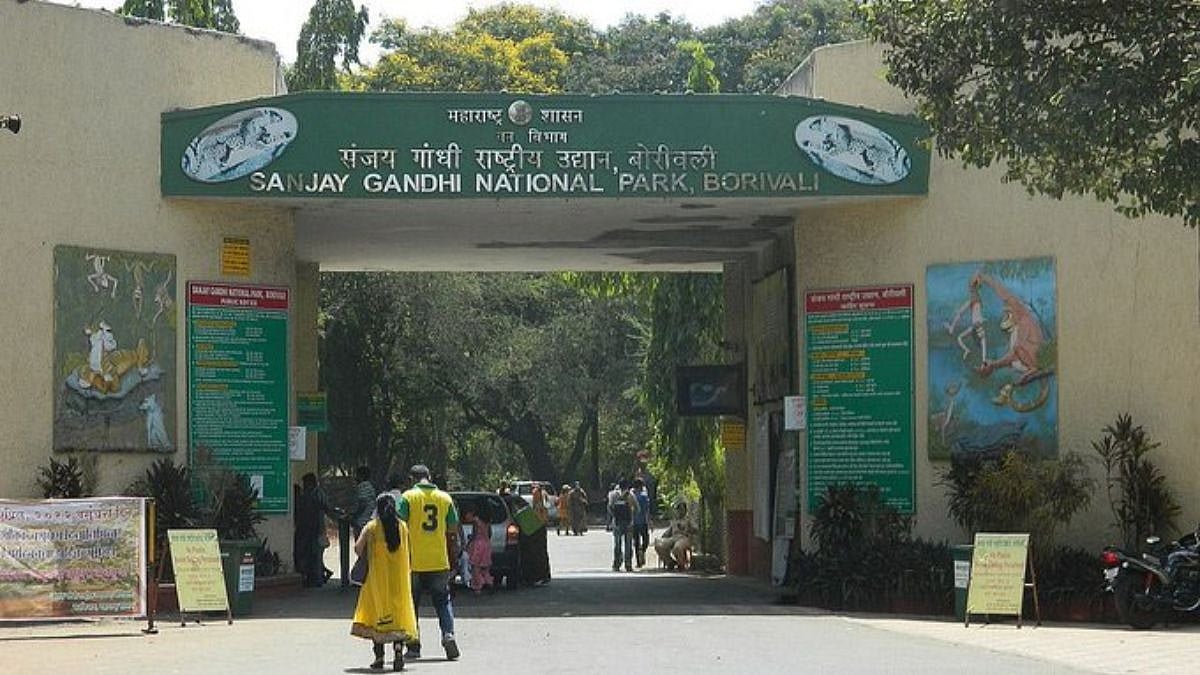Liberal democracy has seen many ups and downs since the Glorious Revolution of 1688, through the American War of Independence, the French Revolution and the first half of the twentieth century. Human society is no stranger to authoritarian domination, but its creeping engulfment of liberal democracies, one after another, over the past two decades threatens the values that inspired the numerous movements for self-determination over the last century.
The ferment engendered in societies worldwide over the past two and a half centuries for the establishment of the values of justice, liberty, equality and fraternity seemed to have ensconced the idea of liberal democracy and the rule of law as the guiding principles for nation states since the 1990s. The failure of most liberal democracies over the last two decades to tackle growing economic inequalities in their societies, coupled with a growing disillusionment with the governing elites in most countries, has deepened insecurities and led to a desperate desire for a strong man (no woman currently in sight) in countries across different continents. The readiness of citizens of a nation to abdicate their responsibility to keep in check those who govern them is the first step towards the development of an authoritarian environment.
“The leader can do no wrong” is the mantra chanted by the glitterati and the chatterati, with enough support from sections of the electorate to see the leader and his party safely home. A messianic individual, organisation or ideology in whom they can repose blind faith is the path such people crave. However, this Faustian bargain of complete surrender of one’s soul comes with the tag of unquestioned obedience and willingness to act according to the commands of the messiah and his organisation. We have witnessed, over the past century, millions of humans blindly obeying the dictates of autocrats, even if it meant the suppression of the basic rights of their fellow humans. That this is seen today in countries with a long history of liberal democratic practices indicates that basic human traits have undergone little change despite education and exposure to liberal, humanistic values.
Sections of society feel that they never got their due in a liberal environment. These could range from academics with a pronounced ideological orientation to disgruntled politicians in opposition parties to those in the permanent employment of government who are of the view that their talents were not recognised. However, there are also many other individuals, in sectors ranging from the media to entertainment, academics and the bureaucracy, who smell the coffee in hitching their stars to an ideology that loathes liberal democratic ideals and places emphasis on adherence to nationalism, in its narrowest, exclusivist sense. Ambition rules the day: echoing the mantras of the ruling dispensation and providing unquestioning (and unthinking) “intellectual” and administrative support to the ideas propounded by the ruling dispensation enable these individuals to rise to and continue in positions of power and influence. But ambition, to be really successful, must be accompanied by a willingness, indeed a fanatical urge, to outdo other potential competitors in anticipating the wishes of the leader (what, in Nazi parlance, was termed working towards the Fuhrer). This includes blindly implementing harebrained schemes of the leader, unquestioningly harassing dissenters and opponents of the regime and indulging, repeatedly, in nauseous and fulsome praise of the thoughts and actions of the leader.
In the third category fall the apprehensive who, though not ambitious by nature or really sold on the vision of the leader and his party, fear the adverse consequences of not being seen as loyal to the regime. These could include bureaucrats who fear being sidelined or victimised or media tycoons who fear that action may be taken against their empires. This group includes many political leaders who, apprehending executive action against them, find it more convenient to join hands with the ruling party. It also covers those who participate in activities approved by the regime to avoid being perceived as not sympathetic to the ruling ideology.
By far the largest segment of societies moving towards authoritarianism comprises those who choose to distance themselves from taking any ideological position (the apathetic category). Their material comforts and secure position in society are all that matter to them. They are wary about being seen as supporting or approving actions that may be perceived as inimical to the interests of the ruling group. The Eichmanns of the world arise from this category: efficient execution of the job at hand is all that matters.
Abdication, ambition, apprehension and apathy, then, are the four roots that nourish the tree of authoritarianism. When individuals possessed with one or more of these four traits predominate in a society, the descent down the abyss of authoritarianism is fairly rapid. The consequences for liberal democracy can be disastrous as institutions charged with maintaining checks and balances on unbridled executive power are stripped of (or willingly forgo) their powers and a combination of persuasion and coercion is employed on civil society to ensure that no effective dissent remains to question the actions of the government of the day. The stage is then set for the executive to fashion laws and rules to meet its ends: the rule of law, as understood in a liberal democracy, ceases to operate. How people endowed with wisdom and foresight handle this existential threat to liberal democracy will determine its trajectory for the rest of this century and probably future centuries.
The blogs of the author, a retired IAS officer of the Maharashtra cadre, can be viewed at www.vramani.com
The four roots of authoritarianism
How people endowed with wisdom and foresight handle this existential threat to liberal democracy will determine its trajectory for the rest of this century and probably future centuries
V RamaniUpdated: Sunday, January 08, 2023, 11:51 PM IST

Representative Image | Pixabay




